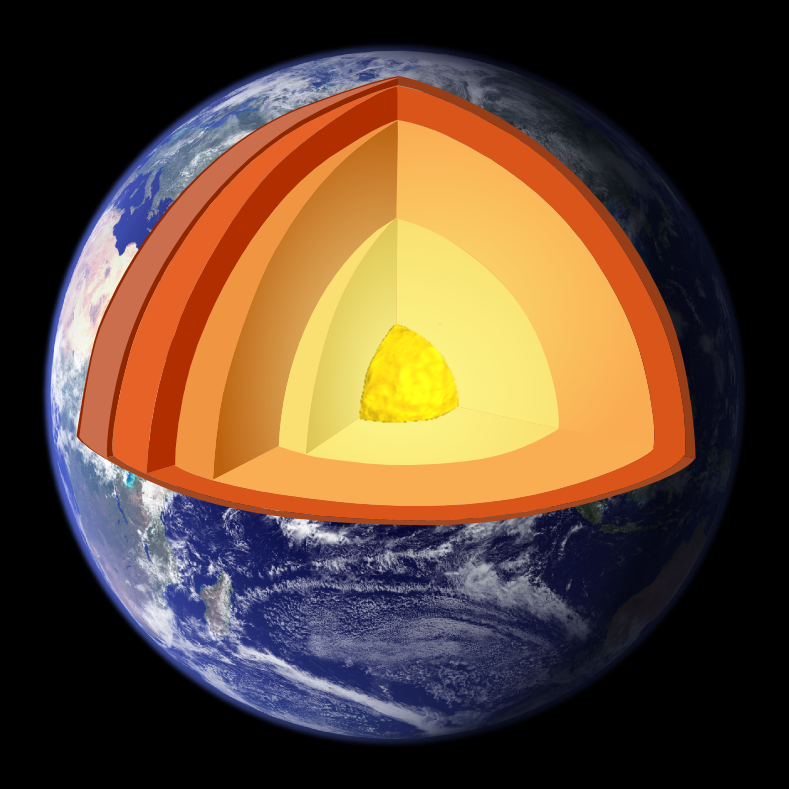Introduction to a Fiery Past
Recent discoveries in the Deccan Plateau have shed light on the complex interplay between volcanic eruptions and the evolution of life on Earth. Approximately 67 million years ago, massive volcanic eruptions in this region are believed to have played a significant role in the extinction of dinosaurs, while also creating conditions that favored the diversification of reptiles and frogs.
The Deccan Traps and the Cretaceous-Paleogene Extinction
Geologists studying the Deccan Traps—a vast expanse of solidified lava flows—have found evidence of intense volcanic activity during the Cretaceous-Paleogene boundary. This period coincides with the mass extinction event that wiped out non-avian dinosaurs and many other species. The eruptions released vast amounts of greenhouse gases, which likely led to global warming and disrupted food chains.
From Ashes to Ecosystems
Despite the devastation, the volcanic eruptions also created new ecological niches. The lava flows produced fertile soils rich in minerals, promoting the growth of new plant species. These plants, in turn, attracted herbivores, which then attracted predators. This cascading effect led to the diversification of reptiles and frogs, which thrived in the changing environment.
Unearthing Evolutionary Evidence
The Deccan Plateau’s fossil record provides further evidence of this evolutionary shift. Researchers have unearthed fossils of various reptile and frog species dating back to this period. These findings suggest that while the volcanic eruptions were devastating for some life forms, they also paved the way for the emergence of new ones.
The Balance Between Destruction and Creation
The Deccan Traps thus serve as a reminder of the delicate balance between destruction and creation in the natural world. While volcanic eruptions can have catastrophic consequences, they can also trigger periods of rapid evolution and diversification. Understanding the complex interplay between geological forces and biological processes is crucial for comprehending the history of life on Earth.







